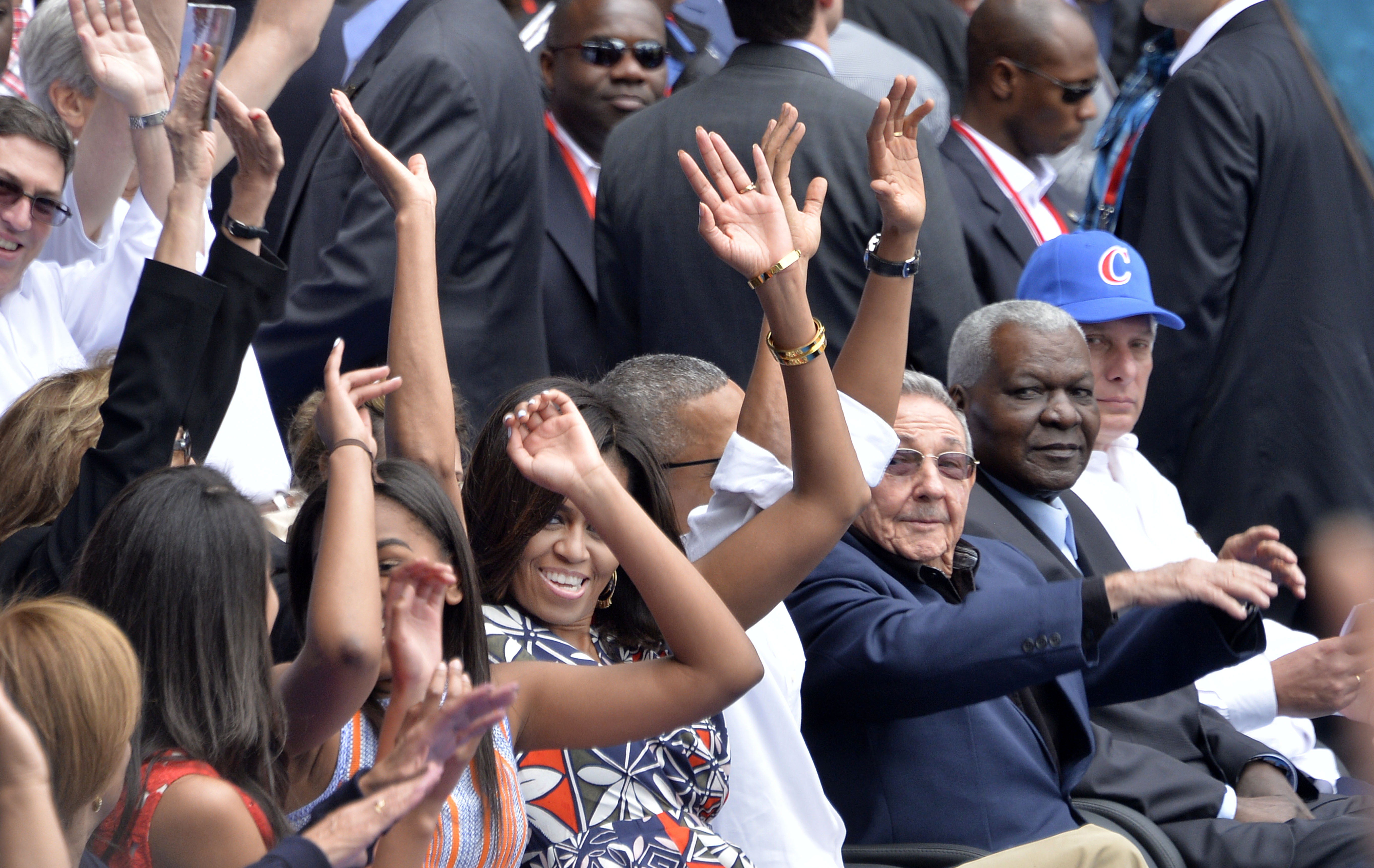What Obama Can Learn From French President on Terrorist Attack Responses
Beverly Hallberg /
President Barack Obama recently contended that fighting ISIS is his “top priority” in a joint press conference with Argentinian President Mauricio Macri—but do the American people and the world believe him?
The images we’ve seen and the rhetoric we’ve heard seem to tell a different story.
The images we’ve seen and the rhetoric we’ve heard seem to tell a different story.
Take for instance the stark difference between French President François Hollande’s response to the terrorist attacks in Belgium on Tuesday and Obama’s.
You had to watch only 5 minutes of the news coverage of Obama’s visit to Cuba or scroll through a flurry of tweets to know that the optics of the Obama’s response to the attacks in Brussels were less than stellar.
#BrusselsAttacks pic.twitter.com/otEZLGtCfS
— Joe Scarborough (@JoeNBC) March 23, 2016
The juxtaposition of the blood-stained images from Belgium against Obama’s jovial demeanor (complete with sunglasses) in an interview on ESPN allowed the social media posts to create themselves. With Americans confirmed dead in Belgium, this tone-deaf image is hard to deny.
Compare Obama’s actions to Hollande’s.
It was widely reported that immediately after the attack, Hollande called for a meeting with high-level officials to deal with the situation. Also, five days prior, he held a joint news conference standing side-by-side in solidarity with Belgian Prime Minister Charles Michel as he spoke in a serious and measured tone about the capture of Salah Abdeslam, the alleged mastermind behind the Paris attacks. The imagery showed strength and resolve.
But beyond optics, Obama’s rhetoric wrote a narrative that betrayed fighting ISIS as being his “top priority.”
If doing the wave with Raúl Castro wasn’t enough, his words signaled weakness by describing what we shouldn’t do instead of what we should do. He said, “What they can do is scare and make people afraid and disrupt our daily lives and divide us, and as long as we don’t allow that to happen, we’re going to be okay.”
Baseball is the American pastime, but is it the answer to terrorism?
Compare Obama’s words with those of Hollande, who talked about action. Shortly after the attacks, he tweeted that Europe must take “vital steps in the face of the seriousness of the threat.” He went on to declare his personal solidarity with the Belgian people, adding that when Brussels was attacked, “it is all of Europe that is hit.”
Unfortunately, Obama’s weak response was no isolated incident—the latest in a pattern of moments where the president has proved unable to lead.
After the attacks in Paris only a few months ago, Obama initially chose muted language so as not “to speculate at this point in terms of who was responsible for this,” while Hollande said “France was at war” and “France will destroy ISIS.”
To add insult to injury, Obama’s weak response was underscored by his absence from that now infamous picture of world leaders hand in hand proclaiming solidarity to France and the victims of ISIS.
The words and actions of a president matter. One of the best examples of a president using optics and rhetoric to upend violence against humanity is the famous speech President Ronald Reagan gave standing before the Brandenburg Gate in which he said, “Mr. Gorbachev, tear down this wall!”
That Cold War-era image contrasted with this week’s image of Obama holding hands with a Communist dictator during a horrific attack in Europe says so much.

